New instructional coaches support teachers
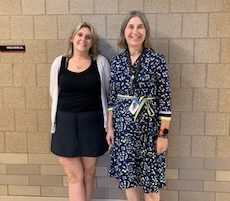
Instructional coaches Geri Handberg and Ing Mari Ryan are new this year as coaches. Ryan and Handberg work together to help teachers.
October 12, 2021
It takes a village to teach a child. The new instructional coaches Ing Mari Ryan and Geri Handberg are making connections and building community. They are working with teachers to make sure students and teachers are successful and meeting their goals.
Ryan has been an English teacher for more than 15 years both here and at the middle school. She has a passion for making everyone feel welcome and connected. She has notably worked with AVID, the transition committee for the 9th graders moving to the high school, BARR and the Link Crew. These experiences have helped prepare her for becoming a coach.
We talked a lot about how to build community, in such a large place, and I fell like all those experiences have a real impact on teachers, and so if you’re an instructional coach you’re working to support students by making teachers fell like they’re connected to high quality and functional systems. — Ing Mari Ryan
“We talked a lot about how to build community, in such a large place, and I feel like all those experiences have a real impact on teachers, and so if you’re an instructional coach you’re working to support students by making teachers feel like they’re connected to high quality and functional systems,” Ryan said.
A reason for having instructional coaches is to help new teachers adjust to a new school environment. Coaches connect them to resources and people that will help them succeed, like English teacher Garrett Wegner. He came to Stillwater last year in his second year of teaching. He feels like the community here is there to help him be the best he can be for his students.
“You’ve got people stepping up everywhere,” Wegner said. “I have even other teachers who don’t teach the things I teach sharing resources and giving ideas so I think it’s a really supportive community that does want the best for everyone, both teachers and students.”
Being able to be a coach and be a teacher is a reason Handberg wanted to be an instructional coach. She likes collaborating with other teachers on their curriculum and instruction while still teaching in a classroom herself, which she loves to do. As a result, she uses the skills that she has learned from teaching science for more than 21 years to help her advise other teachers. She enjoys talking with teachers to collaborate and develop skills that can be implemented in the classroom.
“The fact that I can work with teachers for part of my day, and I can still be in practice in my classroom because I like that collaboration between the teacher and the coach. It’s nice to still be able to practice some of the things that they do so at the same time I’m hopefully helping somebody else grow, I get to grow as well,” Handberg explained.
After a challenging year, teachers need support with changes happening every day. The community is needed more than ever. Teachers having this support makes them better at their jobs and in turn, makes better learning for their students. Making everyone feel connected and supported is something that the instructional coaches strive to do.
Wegner said that he is always wanting to improve everything he does when he is teaching. There are always a ton of things he wants to improve on in every aspect of his teaching. He does not want to form bad habits.
Each teacher’s needs are different. A first year teacher will have struggles that are different from a veteran teacher. Instructional coaches want to provide a personalized experience for each teacher that they work with.
“When you think about it each department let’s say has 15 teachers, and we have seven departments, we’re looking at over 100 teachers. We have one and a half people since I am only part time. I think that it could expand as we really grow into the process,” Handberg said as she talked about how she would like to see instructional coaching in the future.
Being in a community that is so large, it is hard to make sure everyone is feeling connected. Teachers that are supported can support their students so everyone can achieve their goals. As instructional coaches, Ryan and Handberg are creating that support and hope that everyone can be successful in the school.



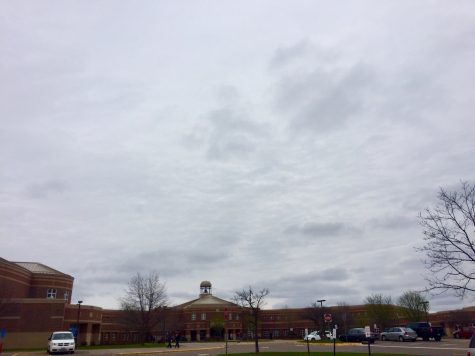





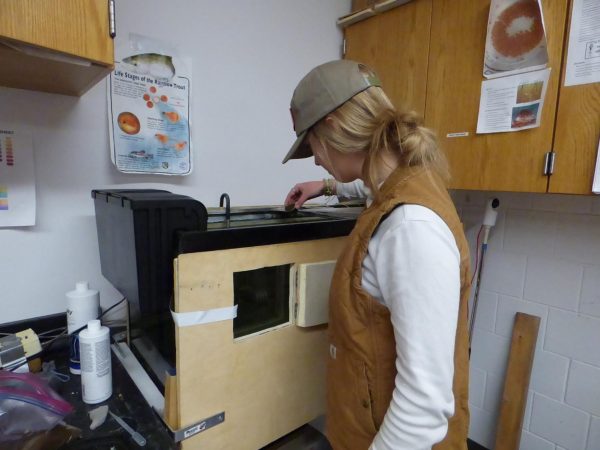

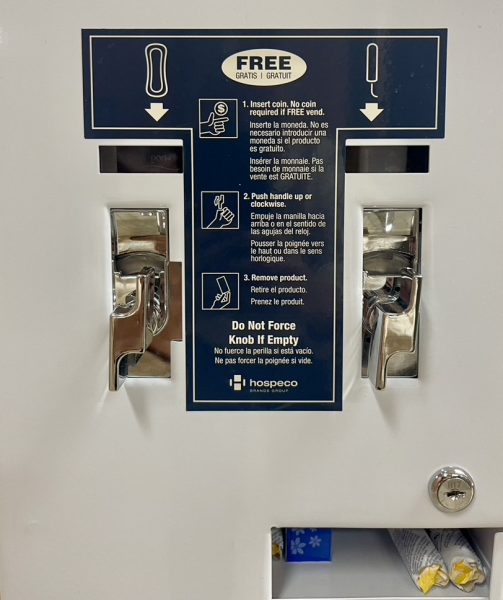
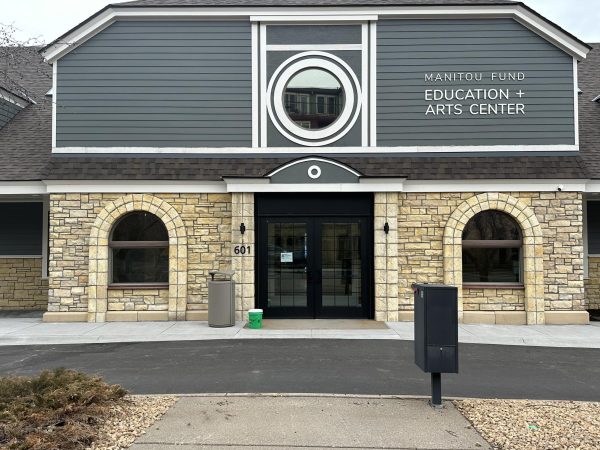
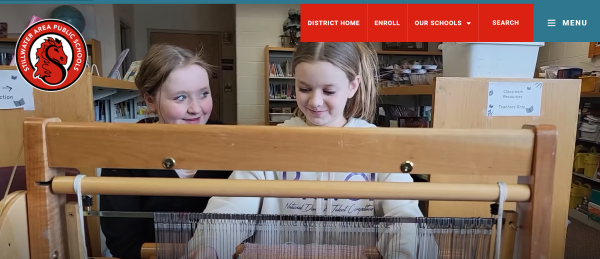
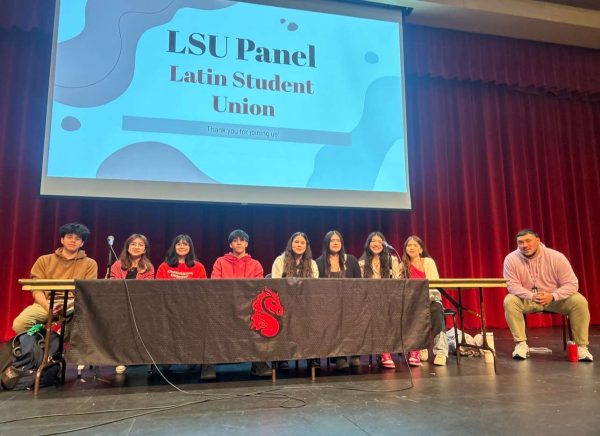
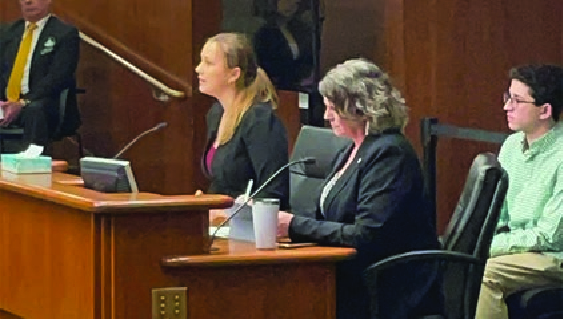

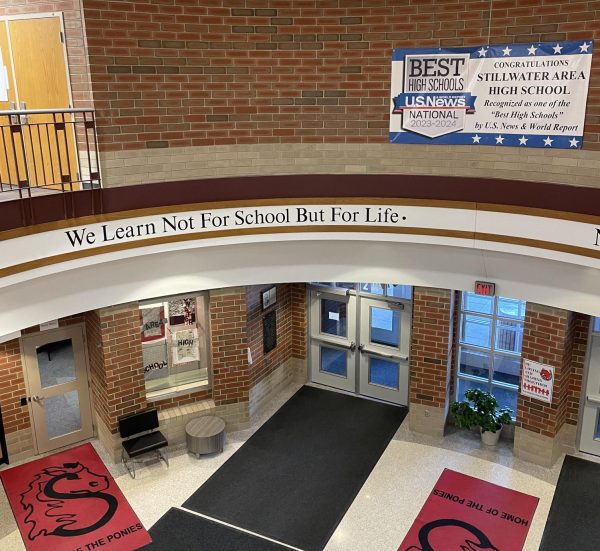
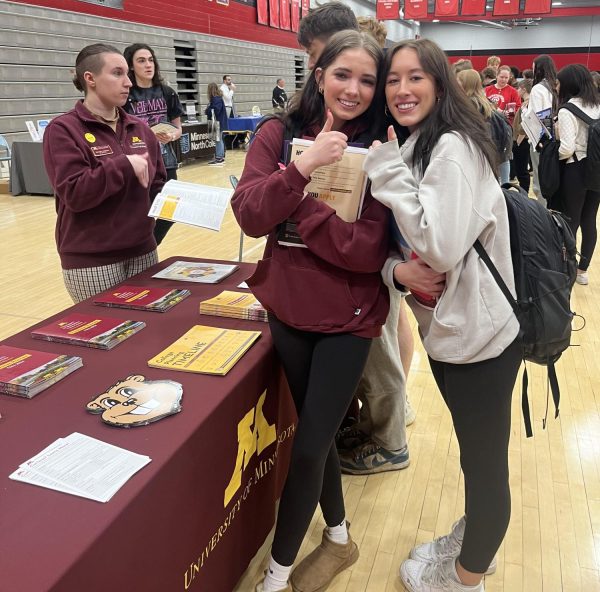
Brady Lau • Nov 9, 2021 at 12:51 am
I like how you included not only the school’s motivation for implementing instructional coaches but the teacher’s motivations for becoming one as well. The quotes caught my attention due to articulation of the interviewee.
Ruby Suro • Nov 4, 2021 at 8:34 am
Great demonstration of background knowledge. The story flows naturally and connects different ideas very well. The quotes were very meaningful!
Nissa Wilcox • Oct 28, 2021 at 8:31 am
Great job on explaining the importance of instructional coaches these two will make great resources for our students, great quotes, and background as well!
Evelyn Biederman • Oct 27, 2021 at 8:08 am
Great lead, it got my attention. Very good word choice, sounds professional. You chose good quotes, they capture the people aspect of the story.
Abby Thibodeau • Oct 19, 2021 at 10:39 pm
I appreciate the background information you provided and the examples you used to convey your message. Overall, I love your choice of quotes!